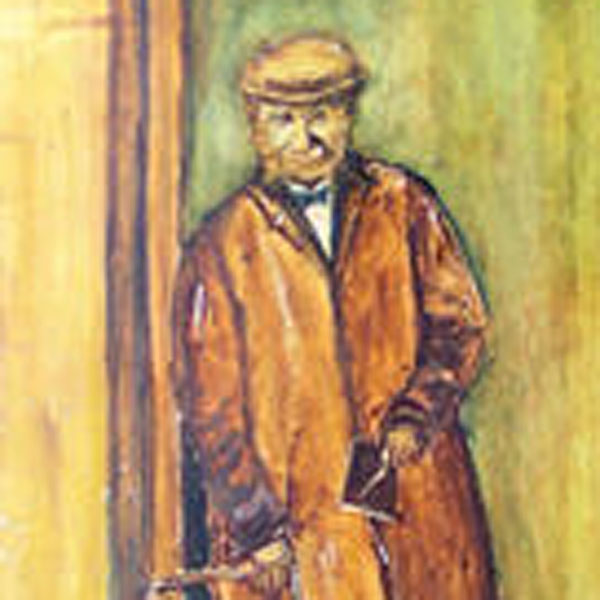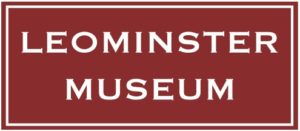Tom Williams, 1886–1976
Historian, Preacher — ‘The Midnight Milkman
Tom Williams was known throughout Leominster as the ‘Midnight Milkman’, delivering milk from his small hand cart late in the evening and into the small hours.
But he was also a lay-preacher and expert on the history of Leominster and a hundred other topics. He gave talks to many of the educational and social groups in the district — and it is said that whatever the topic of his talk or sermon, he never failed to interest this audience.

Tom grew up with his parents and four sisters in Cranes Lanes, Leominster. His father worked on the railway as a Shunter. On leaving school Tom worked at a Drapers Shop in the High Street before moving to a drapery store in Market Drayton, rising to the position of Assistant Manager.
Later, his father took on a small farm on the Broad. When he ran into financial difficulties he asked Tom, then back in Leominster and delivering milk for his father, for a loan — which he willingly gave. Later, however, his father refused to return the borrowed money. So Tom went into the milk business, and eventually drove his father out of business. Father and son were never reconciled: they did not speak to one another.
The force of Toms character came out in other ways. In the First World War he refused to become a soldier, and in his younger days he had boldly resisted all those who had opposed what he thought to be right. He even successfully resisting a threat by the most influential man in the town at the time, J. B. Dowding, to put him out of business. In this Tom had the last laugh when Dowding later went bankrupt and was jailed when it had been found he had been falsifying accounts.
Tom was welcome as a preacher at all the non-conformist churches of the district, where he never failed to interest his audience. He was also in great demand as a speaker. The range of topics was eclectic, a few: “The Prophet Isaiah”, “Old Herefordshire Customs”, “Oliver Cromwell” and “Life and work of hymn writer J B Dykes” serve to give an indication of his wide interests, although it was said that hymns, hymn writers and hymn tunes often featured prominently in the presentation. He gave talks to women‘s guilds, adult classes, social clubs and to school children. For these talks and his sermons he accepted no fee.
By all accounts Tom was also an accomplished poet, occasionally reading some of his verses to select audiences. Unfortunately, he would not publish his verse. Up to the last, his love for books and poetry was his ruling passion. He was never averse to spending liberally on books, new and old, and he derived considerable pleasure from visits to Booth’s great bookshop in Hay, where he invariably spent a few pounds and came home triumphant with further volumes for his immense library.
However it is as the “Midnight Milkmen“ that Tom is most fondly remembered, working from his ‘dairy’ in Bridge Street he delivered his milk late at night and in the small hours from a small cart. This work was not without its dangers and in the 1950s when on his late night round he was robbed on two separate occasions. Both assailants were caught.
Even in his old age Toms deliveries began at about 3 p.m., and he could still be seen trudging round the streets of the old town till late in the evening. He would then catch the 11.30 p.m. last bus to Norden, where he then lived with a sister. When he suffered his last illness and was in the Cottage Hospital, he still directed a faithful team of school-girls in the distribution of his milk, being at last unable to trudge the streets himself.
When he died the Council commissioned a local artist, Marjorie Cook, to paint his portrait. It is appropriately now in the care of Leominster Museum.

